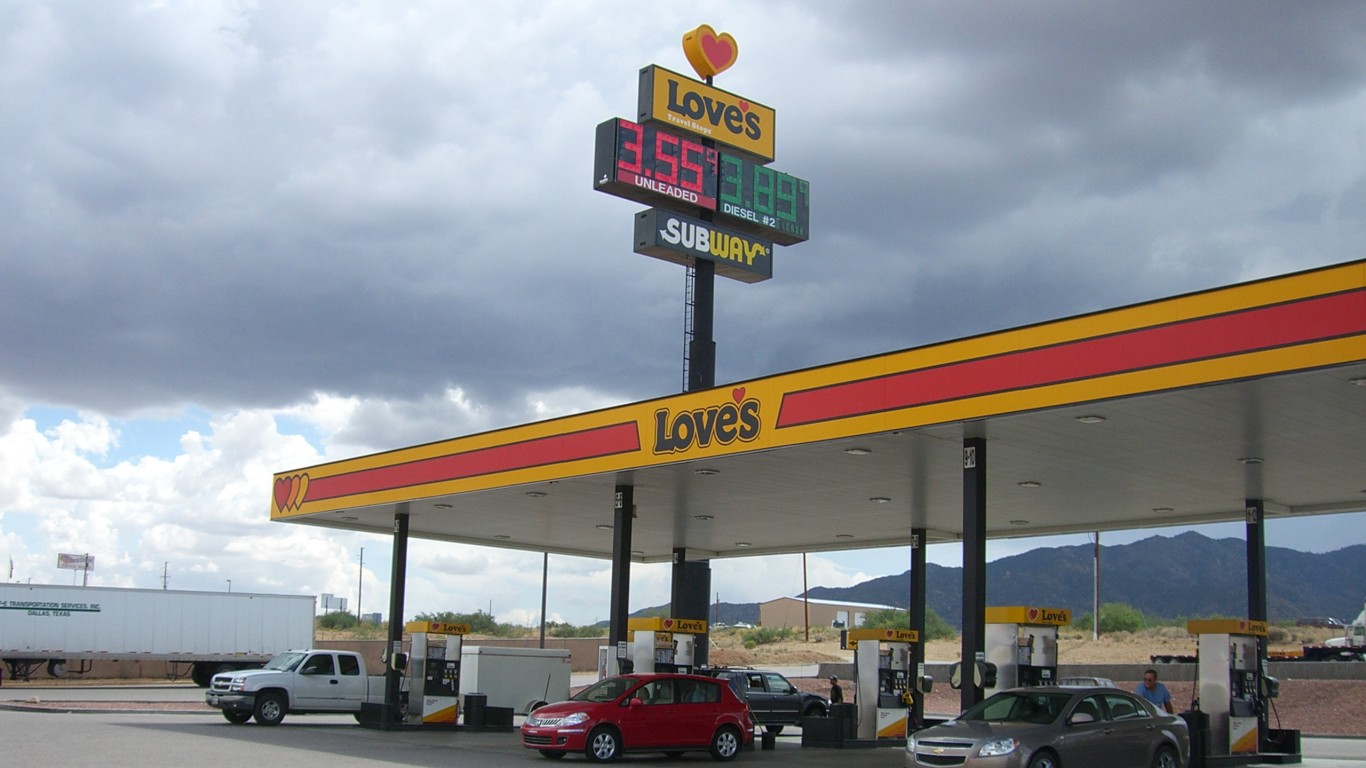
Everyone’s heard about peak oil, that elusive point when production of oil begins its inevitable and irreversible decline. The problem with defining that elusive point comes from a few things.
First, because more than 75% of the world’s reserves are controlled by governments, accurate data on reserves is nearly impossible to get. Sovereign nations don’t want people to know exactly how much oil is or is not under their soil. Second, new discoveries keep adding reserves as production depletes known reserves. Third, new technologies make it possible to wring more oil out of new and existing reserves, usually at higher costs.
A new paper by two researchers at the University of California at Davis takes a different approach (abstract here).The authors, Nataliya Malyshkina and Deb Niemeier, have created what they call a “probabilistic theoretical approach based on market expectations reflected in prices of publicly traded securities to estimate the time horizon until the appearance of new technologies related to replacement of nonrenewable resources, for example, crude oil and oil products.” In other words (I think), based on investors’ appetite for oil company stocks, we can estimate how long it will take to come up with an alternative to the globe’s supply of oil.
The authors use four numbers to calculate the time it will take technological innovation to produce a substitute for oil. First are the aggregate market caps of both oil and alternative energy companies. Next is the aggregate annual dividend that oil companies pay to shareholders. Finally an estimate of the fraction of oil products replaced by a given time. To illustrate: if oil companies are worth, say, $500 billion and alt energy companies are worth $50 billion and oil companies pay $10 billion in dividends, then to replace 100% of oil products with alt energy supplies will take 500 years. To repeat, that’s just an illustration, not a prediction.
Malyshkina and Niemeier’s computations are much more sophisticated, and their estimate of the time it would take to replace oil products is 131 years. BP’s latest statistical review reckons that global reserves will last about 46 more years. That means that unless we do something to speed up development of an alternative to oil, people alive in 2050 are going to be doing a lot of walking.
Fortunately, the researchers did not need try to include a number to reflect government indecision. Otherwise, the time it would take to replace oil would likely approach the 500 years in my simple example.
Paul Ausick
Take This Retirement Quiz To Get Matched With A Financial Advisor (Sponsored)
Take the quiz below to get matched with a financial advisor today.
Each advisor has been vetted by SmartAsset and is held to a fiduciary standard to act in your best interests.
Here’s how it works:
1. Answer SmartAsset advisor match quiz
2. Review your pre-screened matches at your leisure. Check out the
advisors’ profiles.
3. Speak with advisors at no cost to you. Have an introductory call on the phone or introduction in person and choose whom to work with in the future
Take the retirement quiz right here.
Thank you for reading! Have some feedback for us?
Contact the 24/7 Wall St. editorial team.


